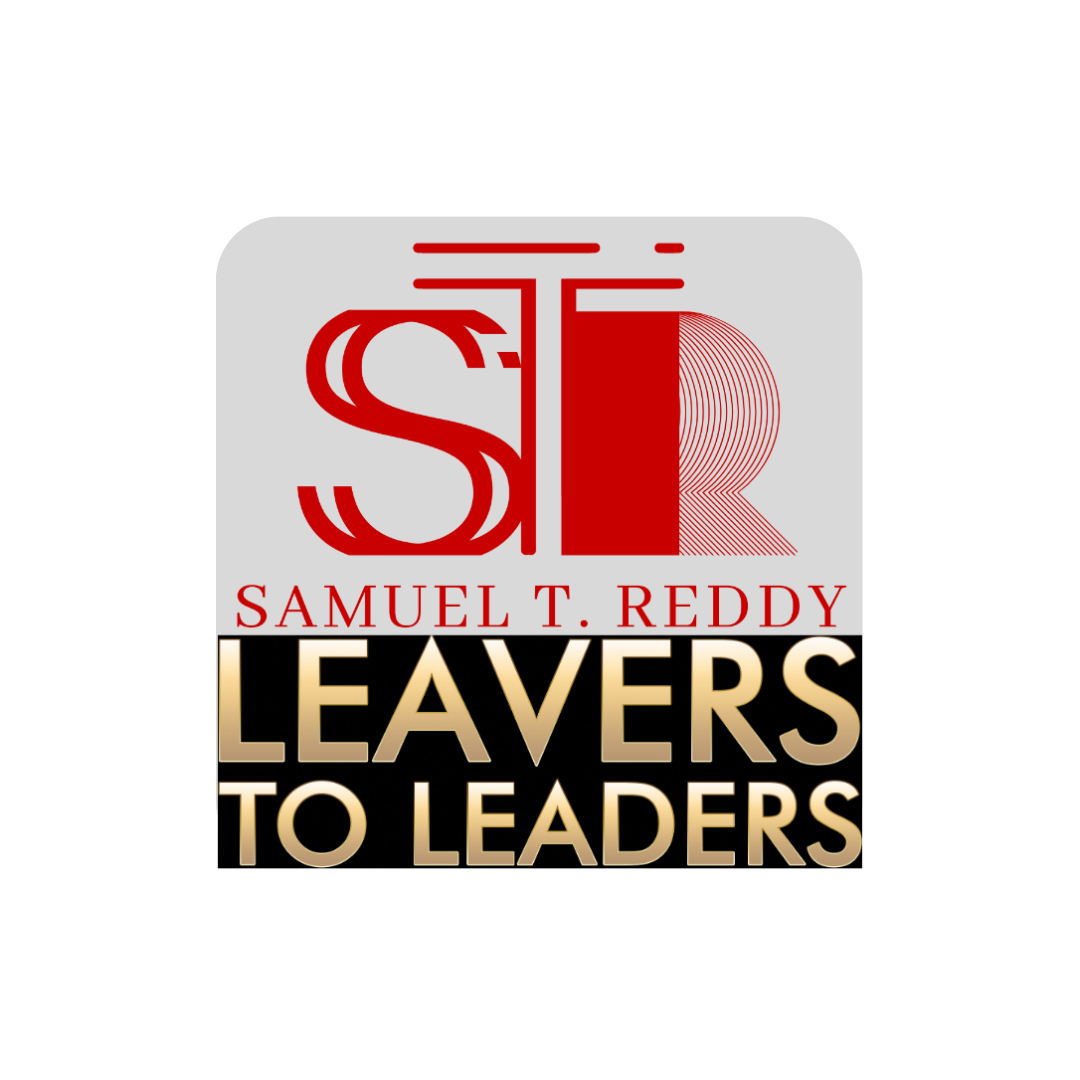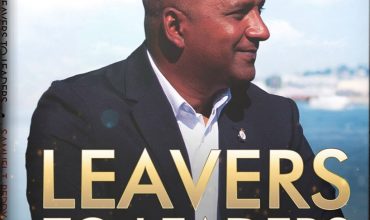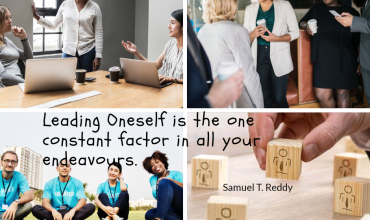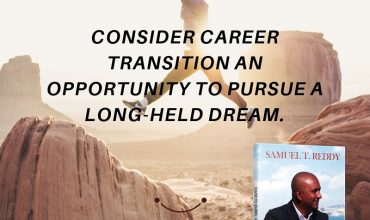
Our future of work & collaboration is changing according to a report published in the Time on how teamwork has evolved. Looking at the workplace, I believe multi generations in the work place is opening up these intergenerational pipelines of wisdom so we can learn all learn from each other. In the us 40% has a boss younger than us, and that number is growing quickly. The power is cascading to the young like never before because of our increase reliance on Digital intelligence. There’s ample evidence that gender and ethnically diverse companies are more effective. But what about age, because for the very first time ever we have five generations in the workplace, unintentionally. There have been a number of European studies that have shown that age-diversity makes a team more effective and successful.
Predominantly, we have the traditionalists who will be those born before 1945, followed by the largest generation the baby boomers, and their children, the Gen X or Generation X (those born between 1965 to 1980). This is followed by the second largest population, the Generation Y, also known as millennials, born between 1980-1990 and Generation Z, born post-1990. If you look around the workplace you will most likely identify at least the three main generations which are baby boomers, Gen X, and millennials . In the next five to ten years we will also see a shift in the workplace with more Gen Y reaching out to high or senior roles, while more Gen Z will be entering the workplace. Your role in leading others is to serve them, and unless you take the time and create an environment for each of the above generations to co-work, your job can be very difficult to retain any of them, especially the millennials and Gen Z.
So why are generations different?
Well, each of the above generation are at different ages and were born in different conditions of time, which means they each have had a very experiences, which you can attribute to how they see themselves. However, age is not the sole reason for generational behaviours, otherwise teenagers today would not be distinguishable from teenagers from previous generations.
It’s also about the current economic, political and social conditions which we all live under that further divide the generations. The same conditions act upon people of different ages in different ways – a good example of generations difference could be texting, whilst everyone can send a text those that are more digitally native can text while talking to someone. For some of us who are digital immigrant this may be considered rude but to some others this is actually normal since we now live in a digital world. Gen Y have been exposed to these in their formative years and so the digital language and technology is almost their first language.
Experiences that occur during formative childhood and teenage years also create and define differences between the generations. These social markers produce the paradigms through which the world is viewed. These three elements contribute to create generational attributes and let’s take a look at each one of them:
Experiences that occur during formative childhood and teenage years also create and define differences between the generations.

Baby boomers:
We have all heard of the baby boomers – they were the most spoken about generation after World War Two. They are so big as a generation that everything they touch becomes global news – from investment, to property, pensions, vacations and finally, medical care. They had such impact on each of these industries that they almost disrupted them. It is widely reported that about 14,000 of them are retiring daily, so hence the surge of vacations and medical costs. This also brings about some drawbacks with them selling their properties and investments, and as we have found out, the next generation are not too bothered about buying or actually owning. We have seen how shared ownership is becoming the norm already in the hospitality and transport industry. In the past, if most of them are aware of the future of work, they are now likely to become advisors or NED (non-executive director) on many SME and small companies, as long as they learn to blend into the next generations of Xers and millennials. Boomers tend to be tolerant if they are well-managed, the same as the Xers who have inherited this forced habit but end up being unhappy and unmotivated. Over the years, they have preferred an academic learning or science base, and their generation created a culture of long working hours. Boomers have also been the loyal generation to employment.
Generation X:
Generation Xers are perhaps the middle or the bridge generation as I call them. They have seen and lived through at least two recessions in the UK – 1999 and the 2008 global meltdown. They have seen and experienced the hardship of their parents, the baby boomers, and also seen the rise of automation and are the most ready to adapt to change. They are not naturally tech savvy, but they understand technology and, most importantly, can adapt to it. They were reluctantly working the long hours set by the boomers and certainly don’t want to be in stressful jobs like their parents, working long hours. This is the generation we see in the workplace today in their 40s. As a generation, they are very quiet, unlike the millennials. They tend to be shy with social media, however they are the generation which is ready to lead, and they have certainly learnt a lot from their previous generation, the boomers, and also understand the next generation better than their peers. They appreciate good leadership, structured training and personal development led by experts and they strive for a good work-life balance. They understand what makes their generation tick and are ready to act upon their understanding should they realise their value and position in the workplace. Just like the boomers, they consider a drink with their friends a social space. As such, they are the ideal generation to be head of HR, team leader and managing the organisation, and most importantly bridging the gap between those three main generations. Bringing new change and development, they promote a culture of work-life balance. In the past, they have already seen poor management, lack of support, poor motivation and less recognition. They want a change and are ready to adapt.
As such, they are the ideal generation to be head of HR, team leader and managing the organisation, and most importantly bridging the gap between those three main generations.
Millennials and Gen Z:
Millennials form the youngest generation in the workforce to usher in a new employment trend. These young workers value personal downtime and have no desire to be the “company people” their parents (Gen X) were. They will simply not put up with it and will resign.
Human resource managers whose companies lack work-life balance programmes, or “cool” brands, must be ready to lobby for greater scheduling flexibility and social responsibility in the workplace to attract and hire millennials. They want to use their strengths and be trusted to do their best. After millennials are hired, HR must find out how to earn their loyalty to prevent chronic turnover that leads to costly rehiring. This generation highly values personal time, and can quickly text and tweet between work assignments and leisure activities. They prefer to learn from their peers, coaching and mentoring using fun and multi-sensory experiences. Another HR task is to reduce tensions among baby boomers, Generation Xers and millennials in the workplace and train them to work as team members. One of the mistakes of recruiters and HR is to assume that this generation like online learning like the previous two generations and stereotype them because they are more tech savvy. Social space for them is when they are on their social media and not at the pub. Working does not have to be 9-5 for millennials. They would be happy to stay at home and do the same work in the same time as long as it is on their own terms. Many students I come across during my mentorship programme want a leader who can motivate them to pursue their passion, align with a good culture and can push them forward in their career. Rather than casting judgement on these young geniuses or instead turn your judgement into curiosity. I quickly leant that I have much to offer them than they have to offer me.
They prefer to learn from their peers, coaching and mentoring using fun and multi-sensory experiences.
As the demographic composition of the workforce changes, their motivations and expectations evolve too. It is imperative that leaders understands what is most valued by these workers. Is it compensation, or prestige, or perhaps autonomy at work? In many cases, HR will have to adapt their incentives, benefits policies, and retention strategies for workers that are not just driven by financial compensation. It is not enough simply to recruit able staff. Companies have to make sure that their people are committed, productive, and do not leave after a short period, incurring substantial turnover costs and wasting all previous training invested in them.
It is not enough simply to recruit able staff. Companies have to make sure that their people are committed, productive, and do not leave after a short period, incurring substantial turnover costs and wasting all previous training invested in them.
The one thing for sure the world is getting older. The baby boomers are getting more vibrant and healthy living into life, and actually working late into life. In most companies baby boomers and gen x are seen as mutual mentor for the Millennials and the Gen z where they intern publicly and mentor privately, where knowledge worker become wisdom worker. Gen X should actually start to find to find a way to bridge these generational borders and change the physics of wisdom so it flows from old to young and young to old. This will create a mutual mentorship relationship. The ability of using timeless wisdom and apply it to modern-day problems so our wise eyes could match their fresh eyes.
Gen X should actually start to find to find a way to bridge these generational borders and change the physics of wisdom so it flows from old to young and young to old. This will create a mutual mentorship relationship. The ability of using timeless wisdom and apply it to modern-day problems so our wise eyes could match their fresh eyes.
There’s ample evidence that gender and ethnically diverse companies are more effective. Join one of our LDC Leadership Development Campaign and learn how to motivate and lead a multi – generational team. You can also read previous articles on Leading Change & Why Leadership is Everyone`s Business.




